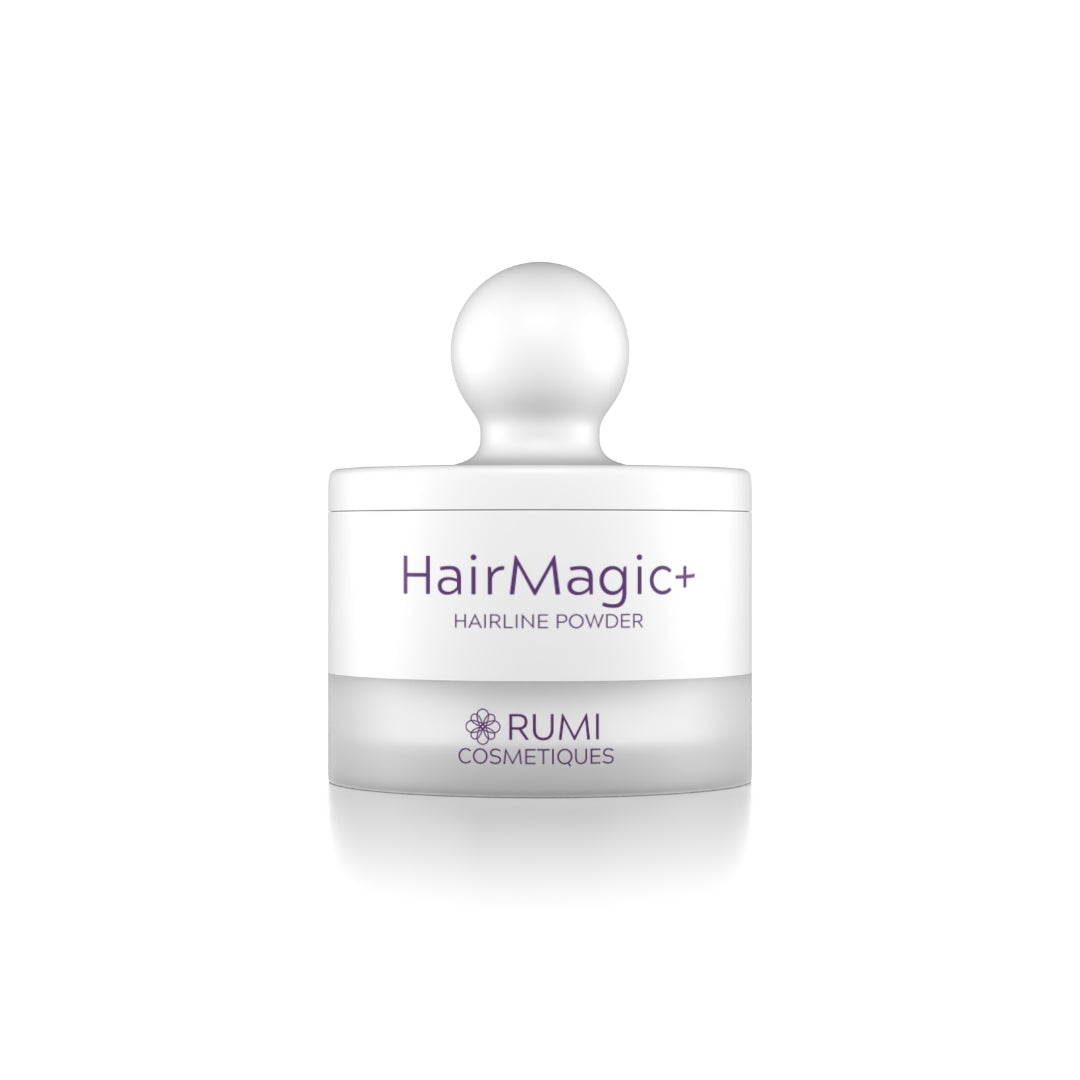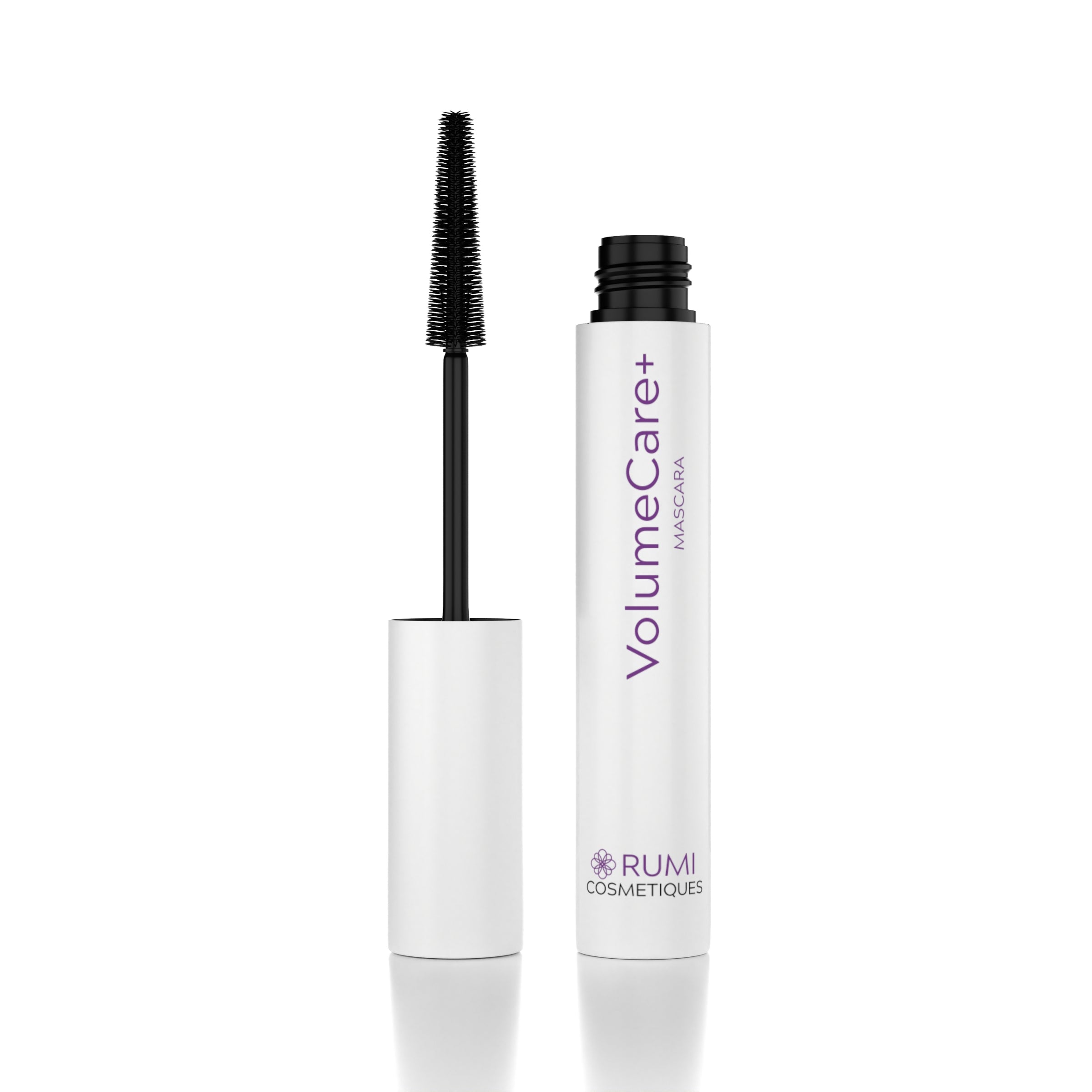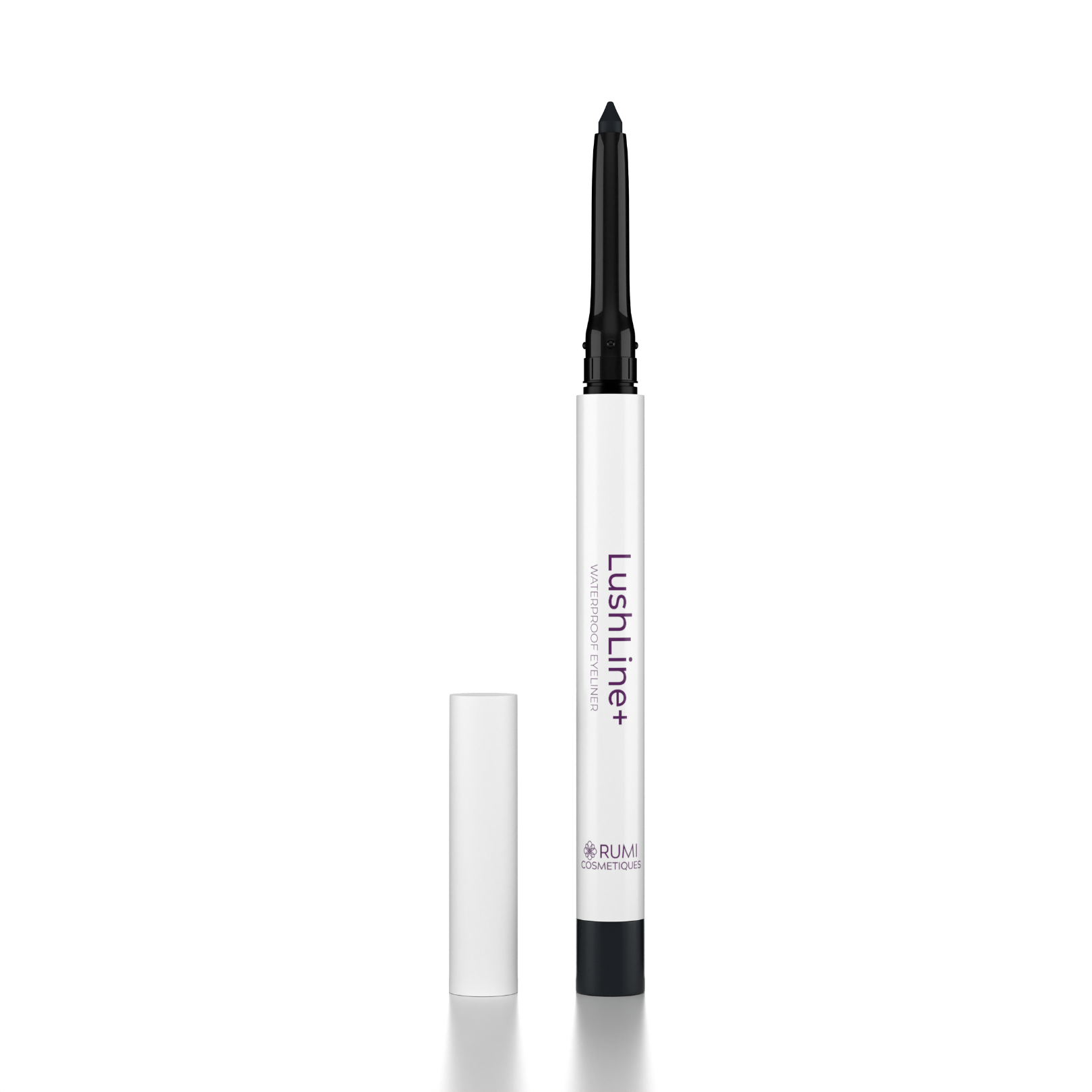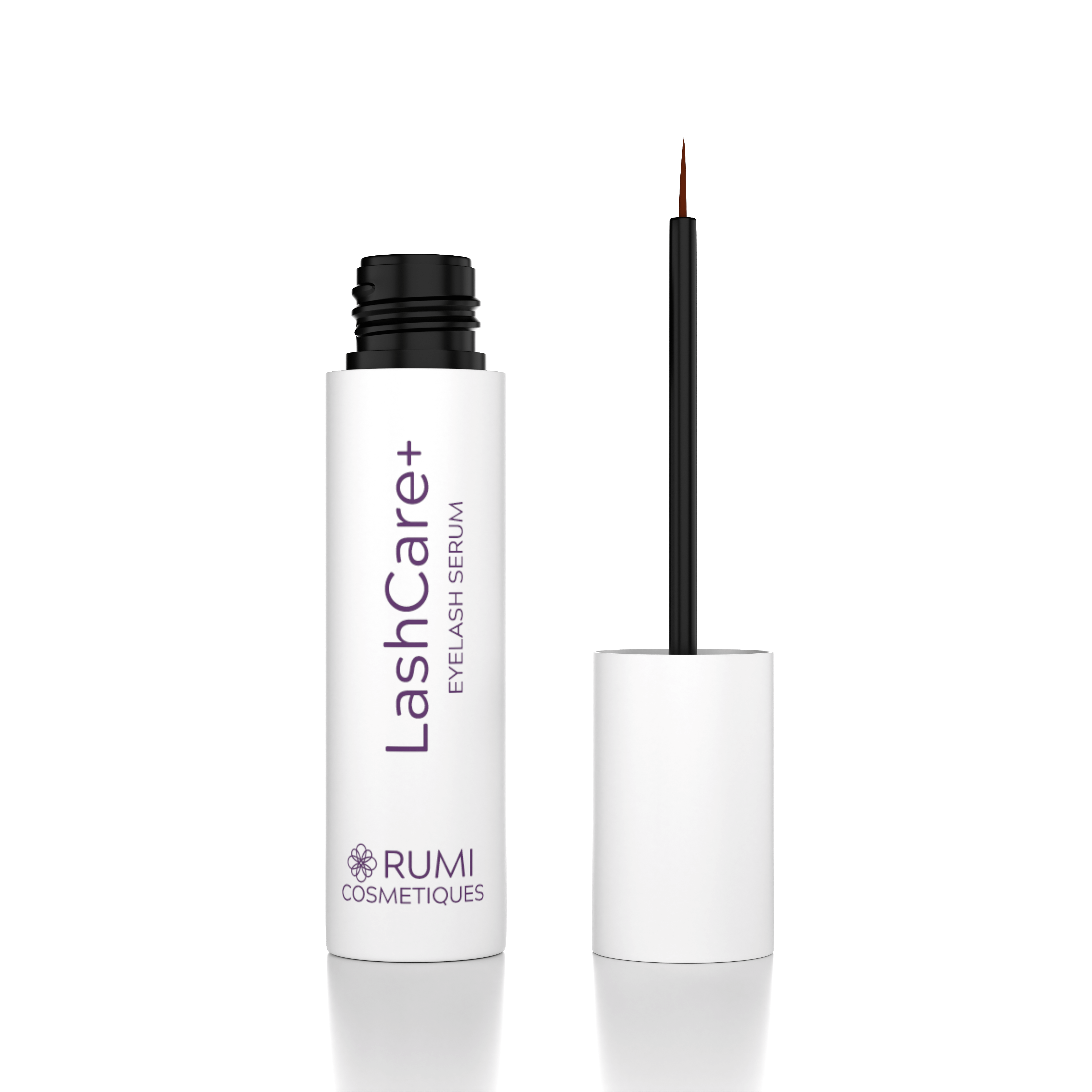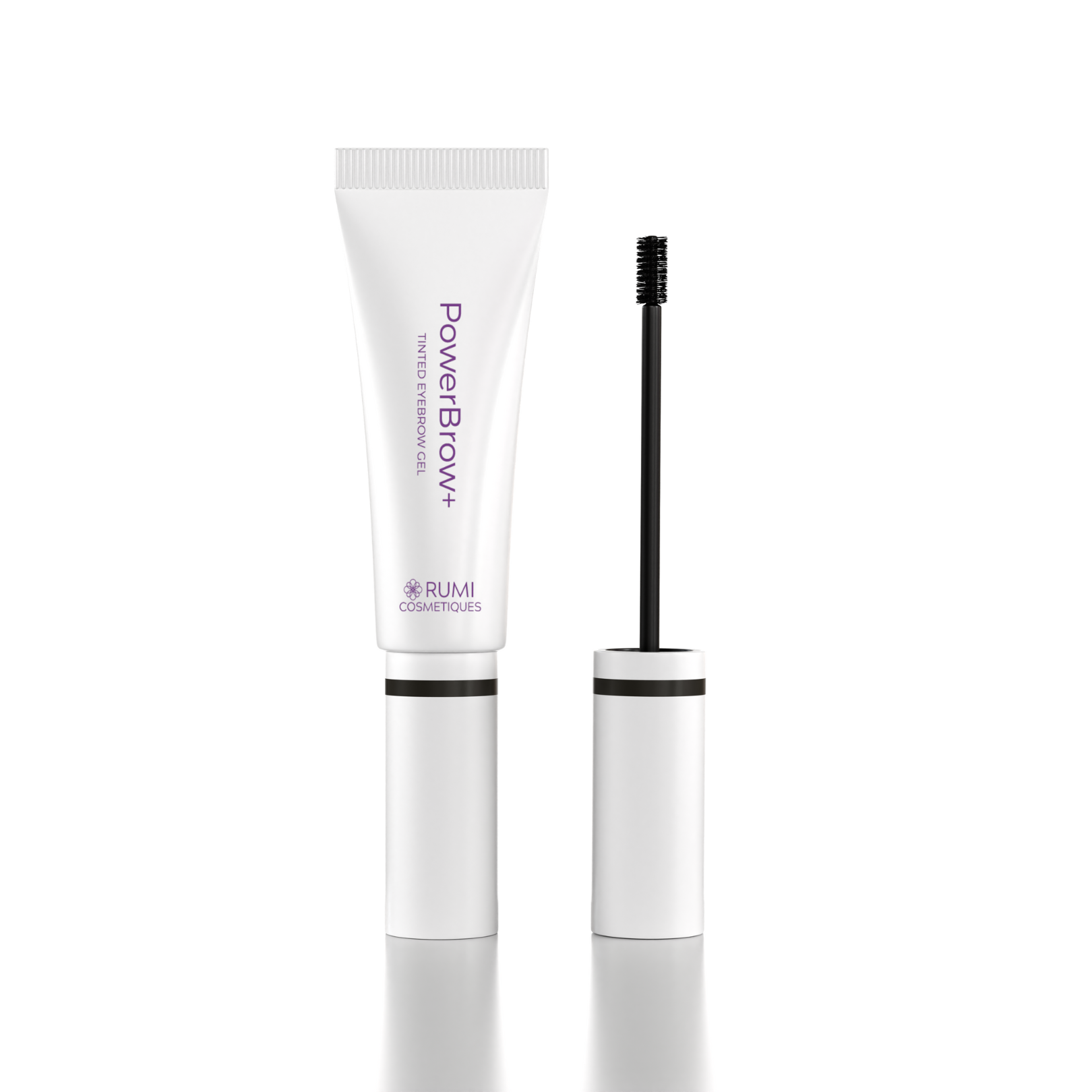The beauty rest your skin truly needs – especially after 50. 💕
We’ve all heard the phrase “beauty sleep” — but for women over 50, it’s not just a saying; it’s science. As we move through different stages of life, our skin changes dramatically, especially with the onset of menopause. Hormonal shifts, collagen loss, and thinner skin can make fine lines, wrinkles, and dryness more noticeable. 🌟
One often-overlooked ally in supporting healthier, more youthful-looking skin? 🌸
A good night’s sleep. 💕
Let’s explore how sleep affects the skin - from collagen production and eye wrinkles to hair, lash, and brow health, and how you can make the most of your nightly rest for radiant, resilient skin and greater wellbeing.

1. The Science of Sleep and Skin Regeneration
When we sleep, our bodies don’t just rest — they repair. During deep sleep, blood flow to the skin increases, allowing cells to rebuild collagen, repair UV damage, and reduce inflammation. This nightly regeneration process is essential for keeping our skin firm, smooth, and hydrated. 🪷
After the age of 50, estrogen levels decline — and with them, collagen production slows. The result? Skin that’s thinner, more fragile, and slower to repair itself. Without sufficient sleep, the skin misses vital recovery time, leading to a dull, tired appearance and the acceleration of visible aging.
In short: sleep is your skin’s most powerful (and free!) skin treatment. 💕
2. How Lack of Sleep Ages the Skin
Studies show that chronic poor sleep is linked to increased signs of aging, including:
More fine lines and wrinkles
Uneven pigmentation
Reduced skin elasticity
Puffiness and dark circles around the eyes
When you’re sleep-deprived, your body produces more cortisol — a stress hormone that breaks down collagen. At the same time, your natural production of growth hormone and melatonin decreases, both of which are essential for cell repair. Over time, this imbalance shows up on your skin.
The most noticeable areas? The delicate skin around your eyes and lashes — where aging tends to show first.
3. The Eye Area: Where Sleep (or Lack of It) Shows First
The skin around our eyes is up to 10 times thinner than the rest of our face, making it more prone to dehydration, fine lines, and puffiness.
After 50, that fragility becomes more pronounced, particularly when combined with hormonal changes and reduced oil production.
When we don’t get enough sleep, fluid accumulates under the eyes, leading to dark circles and puffiness. Over time, the repetitive movement of blinking, squinting, or even side-sleeping can deepen crow’s feet — those telltale lines that frame the eyes.
If you’ve ever looked in the mirror after a sleepless night and thought you looked older, you’re not imagining it. Poor sleep literally weakens the skin barrier, leaving your complexion dull, uneven, and less elastic.
4. Sleep and Eyelash (and Brow) Health
You might not immediately connect sleep to lash or brow health — but they’re more related than you’d think.
During deep sleep, blood flow to hair follicles increases, nourishing them with oxygen and essential nutrients. This helps lashes and brows grow stronger and fuller. On the other hand, when sleep is disrupted, circulation is reduced, and lash follicles may weaken, leading to breakage or thinning — something many women notice after menopause.
Hormonal shifts can also make lashes and brows sparser. That’s why incorporating a targeted lash and brow care routine is vital at this stage of life.💕
Our recommendation:
✨ LashCare+ Eyelash Serum - A nourishing serum designed to fortify lashes from root to tip. Formulated with biotin, peptides, and plant-based extracts, it helps support natural growth and resilience while hydrating the lash line.
✨ BrowCare+ Brow Serum - Perfect for replenishing sparse or overplucked brows, this serum delivers essential nutrients to promote a fuller, healthier appearance.
Used consistently, these products can help counteract the effects of aging and disrupted sleep, giving you a brighter, more youthful frame around your eyes. 💕

5. The Role of Sleep in Hair Health
Just like your skin and lashes, your hair depends on quality sleep to look its best. When you sleep well, your body produces growth hormones that support cell turnover and strengthen hair follicles. This is especially important for women over 50, when hair tends to become thinner, drier, and more prone to breakage due to hormonal changes.
Poor sleep and high cortisol levels can lead to increased shedding and slower growth. Stress hormones shrink hair follicles over time, which can result in thinning areas or a more noticeable scalp — something that can impact confidence as much as appearance.
That’s why caring for your hair — just like your lashes and brows — should be part of your nighttime wellness ritual. 💝
Try this confidence-boosting solution:
✨ HairMagic+ Hairline Powder - A lightweight, easy-to-use product designed to cover areas of thinning, greying, or uneven colour. It instantly adds volume and fullness to your hair’s appearance while blending seamlessly with your natural shade. Perfect for touch-ups between salon visits or for creating a thicker, more polished look every day.
When combined with adequate sleep, hydration, and scalp care, HairMagic+ helps you wake up looking refreshed — and feeling more like yourself. 🧘
6. Sleep, Menopause, and the Skin Connection
Menopause brings significant hormonal fluctuations that can impact sleep and skin health in tandem.
Lower estrogen reduces collagen, elastin, and hyaluronic acid — making skin drier and thinner.
Hot flashes and night sweats can disrupt sleep cycles, limiting the skin’s recovery time.
Increased cortisol from stress and poor sleep can exacerbate inflammation, redness, and breakouts.
This creates a frustrating cycle: less sleep means poorer skin recovery, and skin discomfort can make it harder to sleep.
To break the cycle:
Keep your bedroom cool and dark.
Avoid caffeine and alcohol before bed.
Try a calming nighttime skincare ritual — cleansing gently, applying a hydrating serum or night cream, and brushing on a layer of LashCare+ Serum before bed. This signals your body it’s time to rest — and helps nourish your lashes overnight.
7. How to Maximize the “Beauty” in Beauty Sleep
Here are a few expert tips to help your skin make the most of your rest:
1. Sleep on Your Back
Side sleeping can press your face into the pillow, deepening wrinkles and creases over time. A silk or satin pillowcase can also reduce friction and moisture loss. 🛌🏿
2. Hydrate — Inside and Out
Drink water throughout the day, and use a night cream rich in ceramides and peptides to help your skin retain moisture overnight.
3. Support Collagen Production
Eat foods high in vitamin C, omega-3 fatty acids, and antioxidants. These nutrients work synergistically with your skin’s natural repair cycle while you sleep. 🛌🏿
4. Incorporate Gentle, Targeted Products
Nighttime is the perfect moment to apply concentrated treatments like:
Lash and brow serums
Retinol or peptide-based creams for fine lines
Overnight masks to boost hydration - try FACE RE-FRESH Soothing Sheet Face Mask
5. Create a Restful Sleep Routine
Set a consistent bedtime, limit blue light exposure an hour before bed, and try relaxation techniques like breathing exercises or gentle yoga. Your skin — and your mood — will thank you. 🧘
8. The Morning After: Reset and Restore
Even with great habits, we all have nights where sleep escapes us.
On those mornings:
Start with cool compresses or chilled spoons on puffy eyes.
Apply a hydrating eye cream to restore elasticity.
Use LashCare+ Serum to nourish lashes and prevent brittleness.
Use HairMagic+ Hairline Powder to refresh roots or cover grey patches quickly.
Add a light-reflecting concealer to brighten tired eyes.
Small, consistent steps make all the difference in maintaining a fresh, youthful look — even after a restless night. 💕
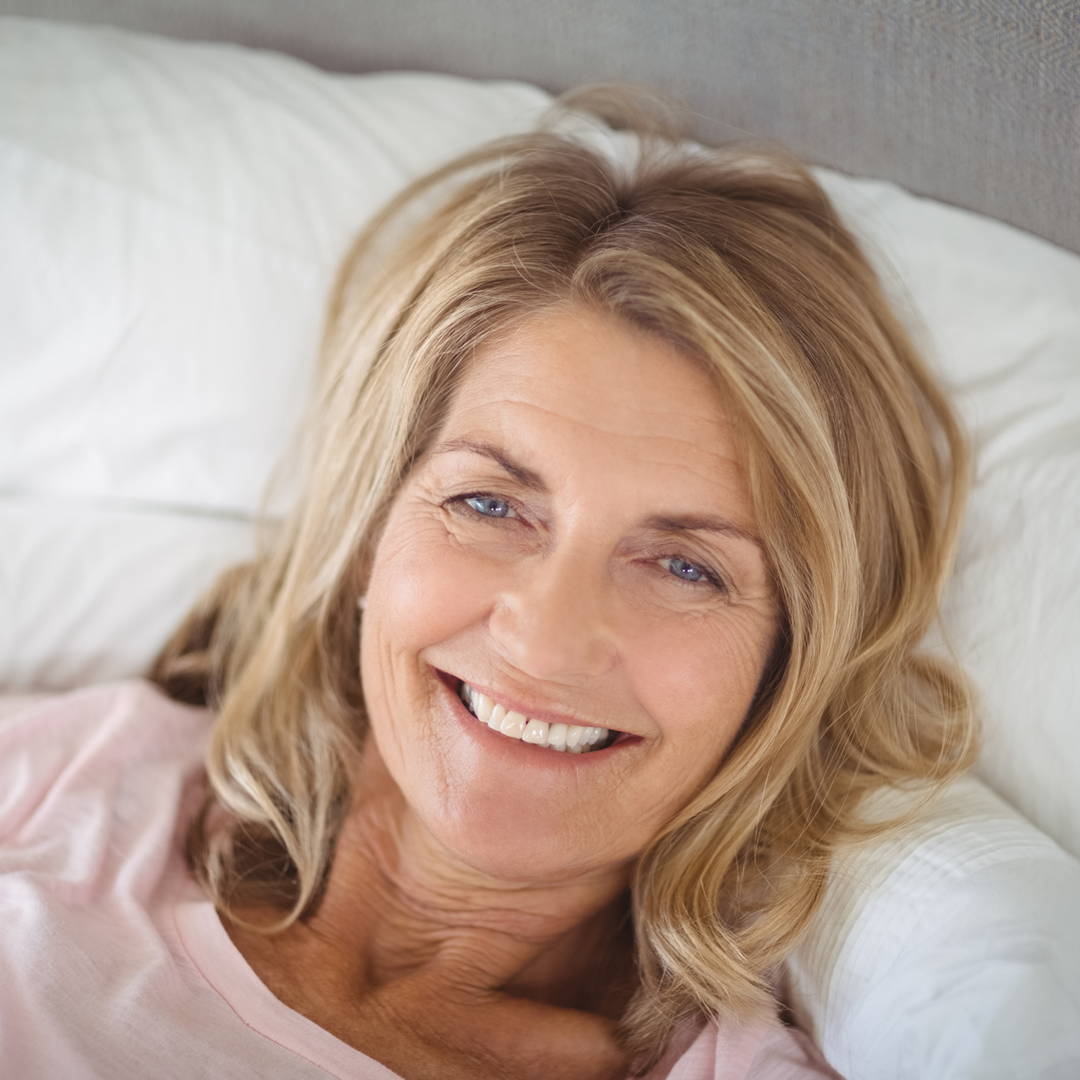
Final Thoughts: Sleep, Skin, and the Power of Feeling Good
For women over 50, radiant skin isn’t just about reversing time — it’s about working with your body’s natural rhythms.
Sleep is where true repair happens. It’s when collagen is replenished, inflammation subsides, and your lashes, brows, and hair have a chance to thrive. 💕
But it’s also about more than appearances.
When we sleep well, our mood improves, our stress levels drop, and our confidence rises. A good night’s rest helps balance hormones like serotonin and dopamine — the “feel-good” chemicals that influence how we see ourselves and interact with the world. 🌟
In other words, sleep doesn’t just make you look better — it helps you feel better.
You wake up with more energy, a clearer mind, and a natural glow that no makeup can replicate. 🌟
So, the next time you’re tempted to skimp on rest, remember: your skin (and your reflection) will notice, but so will your heart and spirit.
Prioritize deep, restorative sleep and pair it with the right care to reveal your most confident, luminous self at every age! 💕






















































